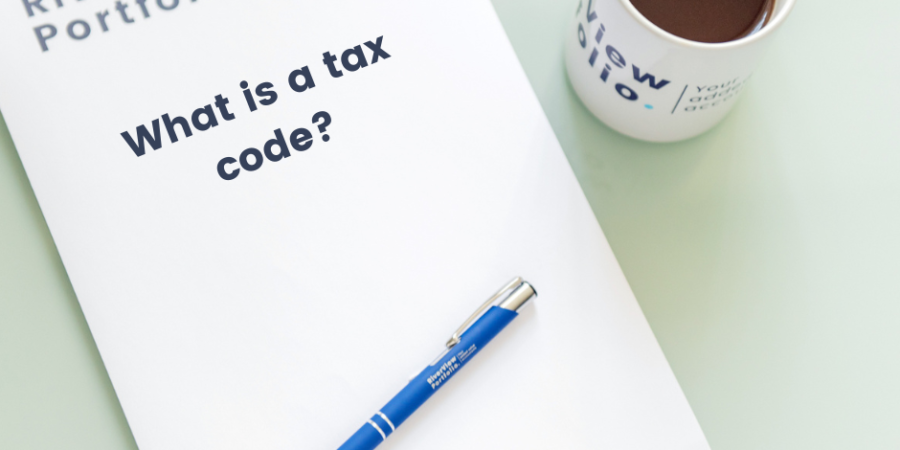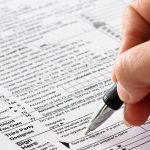What is a tax code?
Tax codes are applied to income where tax is deducted at source such as employments and pension to calculate the amount of income tax that should be calculated on the amount payable to you.
If your only source of income is subject to tax deducted at source, it is often the assumption that this will be correct and therefore no further consideration of tax needs to be given. The issue is though that if they aren’t correct, then this does come out in the wash of the HMRC system but often a taxpayer won’t be contacted about any tax owing or indeed a rebate until much later after a tax year has finished. Let’s be honest, we would all love to receive that letter which says money is coming back, but probably don’t react so well to a letter saying you owe money – often much later after the tax year and probably having spent the money in the realistic expectation it was yours to spend!
HMRC will issue a tax code or indeed multiple codes during the year, so it is important to check to make sure they are correct. We’ve highlighted some things to watch out for:
– Take a look at the tax code being applied on your payslip. The standard code for the 2022/23 tax year is 1257L. If it is different from this, do you know why?
– Have you got more than one form of income? If you have more than one form of income and it is below the personal tax allowance for that year, then HMRC may split the available allowance across your sources of income, this will be based on an estimate of your income from those sources. Check to make sure the estimated income is in line with what you anticipate.
– Have you had a change in circumstance – change of job, level of income, sources of income may all have a factor on the code being applied.
– If you receive benefits in kind from an employer, then these would be factored into the tax code applied in the following year. Have these values changed, were there any one-offs that would alter these figures.
– In recent years we have seen that HMRC have changed tax codes following a submission of a personal tax return and including adjustments for items such as dividends, gift aid payments, property income and pension contributions. It’s a tactic to get payment quicker but we believe these are all items that are rightly included in a tax return and subject to variation year on year, so the tax return is the right vehicle to report rather than the tax code.
If you are within the self assessment tax regime then you will often find that any fluctuations will be quicker to be found, but with not everyone having a need to do a tax return do make sure you are checking this information to avoid a potentially nasty surprise much further down the line.




